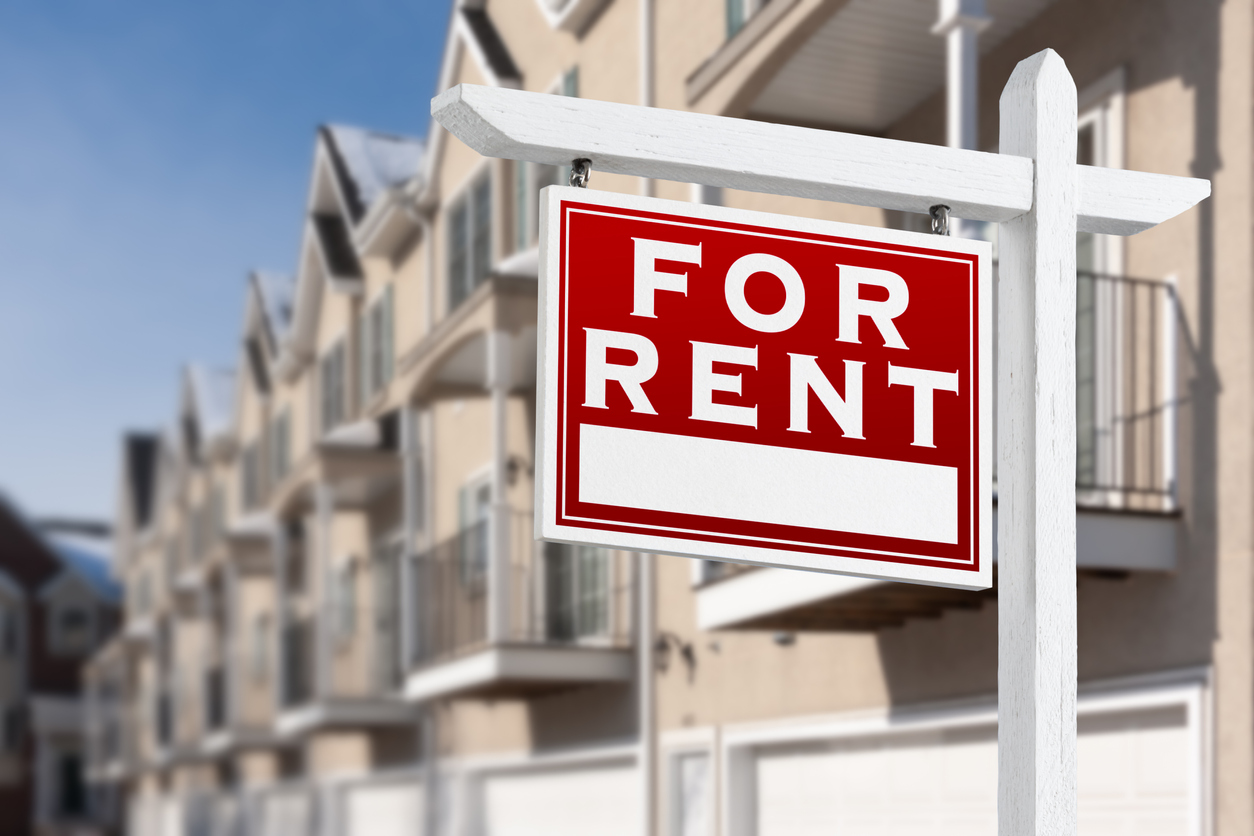And then there were two capital gains income tax amicus. The Building Industry Association of Washington (BIAW) and the Washington Cattlemen’s Association (WCA) have filed the second amicus brief today opposing the new capital gains income tax. From the BIAW/WCA amicus brief:
- “These industrious taxpayers consider tax law when making plans for the future of their companies and ranches, and the tax imposed by ESSB 5096 has already hit their bottom lines. Even before the tax has been assessed, it is already affecting decisions about the sale of business assets, the timing of gain realization, whether to invest in non-exempt capital assets, and whether to move their businesses and ranches out of state are being made.”
- “ESSB 5096 purports to impose an excise tax on capital gains rather than an income tax. This represents a radical departure from how every other jurisdiction in our nation treats capital gains. The federal government, which of course taxes capital gains nationwide, treats them as income. The forty-one states that tax capital gains also treat them as income. The only states that do not tax capital gains as income are those that levy no income taxes at all — Alaska, Florida, Nevada, South Dakota, Texas, and Wyoming — and the two states, New Hampshire and Tennessee, that tax only dividends and interest income earned by individual taxpayers. Thus, every jurisdiction in our nation that taxes capital gains treats them as income, and duly recognizes its capital gains tax as an income tax. The solitary exception is Washington, thanks to ESSB 5096.”
- “With the vote forty-nine to one, logic compels the conclusion that the emperor has no clothes and the capital gains tax imposed by ESSB 5096 is actually an income tax, not an excise tax, self-serving legislative nomenclature notwithstanding.”
- “Washington is not an economic island; its taxpayers own non-exempt capital assets and manage businesses that own such assets in many other states, including the forty-one states that tax gains from the sale or exchange of such assets as income. The fiscal inconsistency poses a problem for taxpaying business owners, both within and beyond our borders, one recognized by the United States Supreme Court as undesirable.”
- “No other state charges an excise tax on the sale or exchange of non-exempt capital assets, and no state that charges an excise tax on certain sales or exchanges assesses it on transactions occurring outside of its taxing jurisdiction.”
- “Despite the legislature’s most deeply cherished hopes, it is not enough to characterize an event or transaction as local or to label a tax as an excise tax in order to make it so.”
- “As noted above, Washington is the only state in the country that pretends the sale or exchange of non-exempt capital assets is an excise tax event, not an income tax event. The motive for this semantic fiction is plain: our state constitution is crystal clear that taxes on property — an asset class which our judiciary has long held includes all forms of income — must be uniform and less than one percent. Notwithstanding these limitations, our legislature wanted to pass a graduated income tax with rates well in excess of one percent. Previous attempts to do so through the ballot box repeatedly had failed, soundly rejected by Washington voters.”
- “The problem is that ESSB 5096 suggests a dangerous disregard for the law on the part of our state legislature, a willingness to use semantics to circumvent well-established constitutional limitations on its taxing authority.”
Indeed.
Additional Information
BIAW/WCA capital gains income tax amicus
First amicus brief filed in capital gains income tax case
Briefs filed in capital gains income tax lawsuit
Tax Foundation: Why Washington State Can’t Claim Its Capital Gains Tax Is an Excise Tax
Capital gains income tax quotes – who said it?
Capital gains income tax interview with University of Washington tax expert Professor Schumacher




